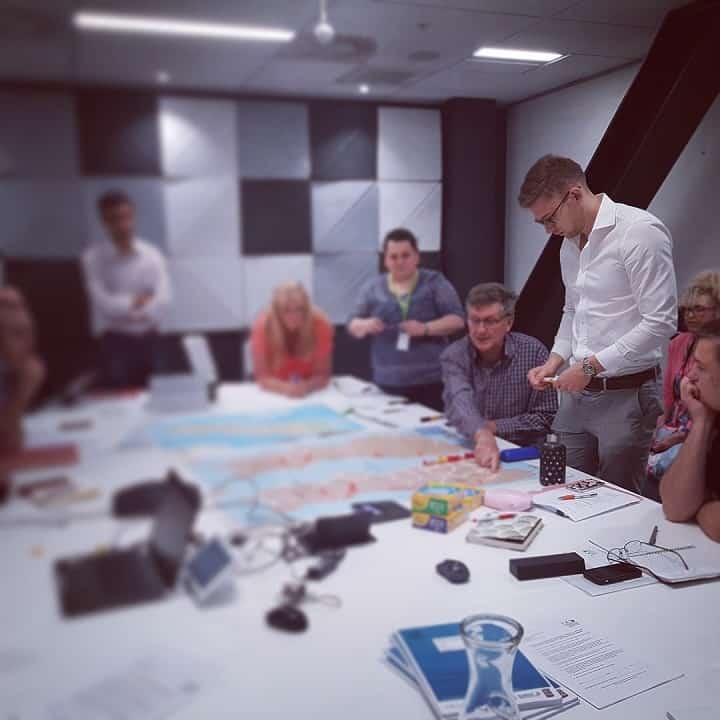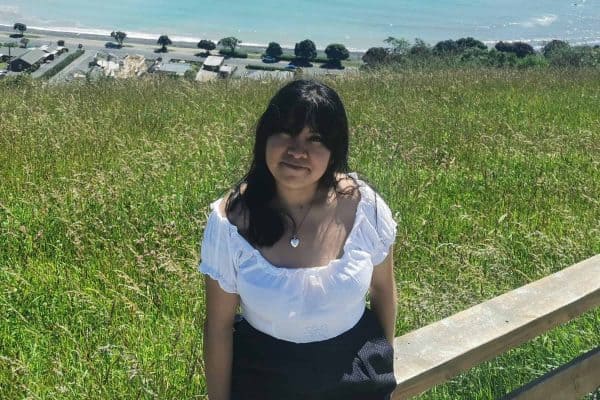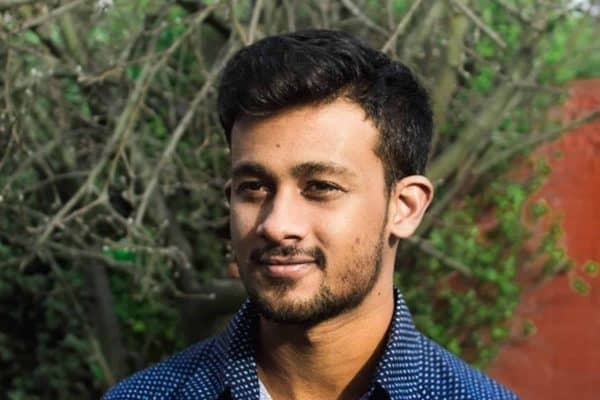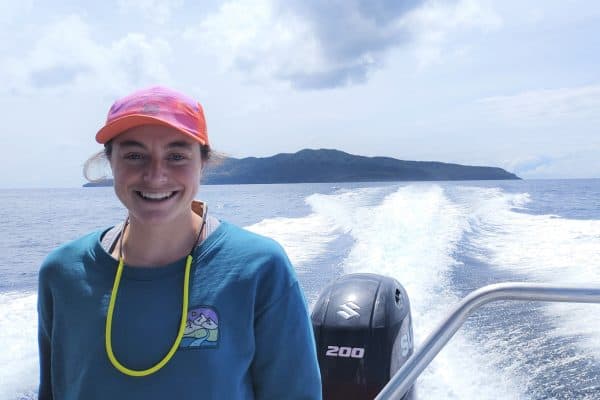Student Profile: Alistair Davies
27/02/2018

Meet Alistair
Alistair is from the UK, where he studied Geography at the University of Cambridge and worked as a flood consultant before moving to New Zealand to pursue his PhD. Alistair is studying Disaster Risk and Resilience at the University of Canterbury. Outside of university, you can catch Alistair on stage performing musicals, with credits including “Priscilla: Queen of the Desert” and “Wicked”.
What is Alistair’s project about?
Alistair’s research is focussed on increasing the resilience of potentially-isolated communities. As part of this work, Alistair has published a paper summarising the impacts of the 2016 “Kaikōura” earthquake on South Island transport. The paper showed that infrastructure failure can be the primary cause of disaster loss in a New Zealand context. Since then, Alistair’s research has explored scenario co-creation through a collaboration between Franz Josef community members, infrastructure providers and Civil Defence Emergency Management.
Franz Josef Glacier township, located within the West Coast region of New Zealand’s South Island, is a rapidly-developing tourist centre that, alongside Queenstown and Milford Sound, is an iconic location for New Zealand tourism. However, the township is seriously threatened by a number of natural hazards including earthquakes, landslides, rockfall, river floods, debris-flows and landslide-dambreak floods. The township also only has one road in and out of the town, meaning it is prone to isolation.
Through a series of workshops facilitated by Alistair, Franz Josef community members and infrastructure stakeholders have co-created a scenario, building upon the Project AF8 (AlpineFault magnitude8earthquake) scenario. This co-creative approach has resulted in the scenario acting as a means of translation, facilitating collaboration between stakeholders. It has also meant that the work focusses on issues of specific concern to the community members and stakeholders. Alistair has also written a conference paper with colleagues at the University of Oxford, which shows the collaboration has helped improve infrastructure modelling science.

Alistair’s research is supported by the Earthquake Commission (EQC) and the National Science Challenge Resilience to Nature’s Challenges Rural, Infrastructure and Hazards programmes. His supervisors are Tom Wilson, Tim Davies, Sarah Beaven, Liam Wotherspoon, JC Gaillard and Matthew Hughes.
What’s next?
Alistair is currently writing up his thesis, which is due to be completed mid-2018. He plans to publish a number of papers from this research. Post-submission, Alistair plans to continue developing the scenario co-creation methodology with communities and infrastructure providers.




